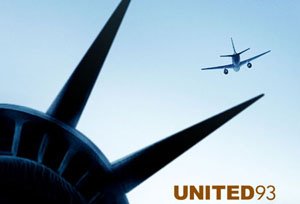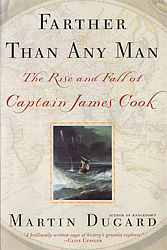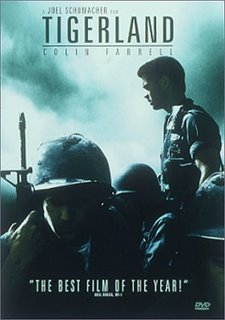 Come On Shore and We Will Kill and Eat You All is both a history and a memoir wrapped in a unique little package. It's a story of both Christina Thompson's marriage to a Maori man and the history of the relationship between the Paheka (Europeans), Maoris, and other Polynesians. It's also an observation of how the perceptions the Paheka have of the Maori and vice versa have shaped those cultures since the first meeting of Maoris and Paheka.
Come On Shore and We Will Kill and Eat You All is both a history and a memoir wrapped in a unique little package. It's a story of both Christina Thompson's marriage to a Maori man and the history of the relationship between the Paheka (Europeans), Maoris, and other Polynesians. It's also an observation of how the perceptions the Paheka have of the Maori and vice versa have shaped those cultures since the first meeting of Maoris and Paheka.The book succeeds quite well as a history. Thompson's approach to the history of the relationship of the two cultures is both informative and engaging. Where the book gets a little more shaky is as a memoir. At times I could relate to Thompson's description of the pull she felt towards the South Pacific as I too have felt a similar pull. But at other times when writing about her life, Thompson came across as so detached from what was going on that she seemed to be more an observer than a participant in her own life.
From an anthropological standpoint, this actually works quite well and certainly to Thompson's benefit. Yet at the same time it left me wondering whether she was actually living her life or was merely along for the ride, content to watch. While I felt a connection to Thompson early on, as the book progressed her writing style seemed to grow increasingly more detached. I almost felt as if I was watching the shift first hand, from participant to observer of one's own life.
There are certainly benefits to objectivity and for a history book, objectivity is certainly something to strive for. But in a memoir, generally readers prefer to feel some connection to or empathy for the author and when an author is too objective that connection becomes increasingly more difficult to make.
With all that said, this is still a book I would recommend as Thompson raises excellent and intriguing points and questions. In a letter to her three sons which she included in the book she even goes so far as to say:
“in each of you is a little bit of the conqueror and the conquered, the colonizer and the colonized.”
How does one reconcile being the child of both a culture that was ravaged by European conquest and the child of the European culture that ravaged them? And how do mixed culture parents raise children in such an environment?
In the end, as much as I enjoyed this book, I feel I would have enjoyed it considerably more had it been a bit more personal and a bit less detached. The connection I felt with Thompson early in the book faded as the book progressed. The history was intriguing, the questions raised were thought provoking, but in a memoir there should be a bit more of an emotional investment on the part of the reader. But it's the obligation of the author to create that connection. And while Thompson certainly created that connection, I found it to be much weaker than with other memoirs that I've read.
Related Links
Come On Shore (official website)
Come On Shore And We Will Kill and Eat You All (Amazon.com)





